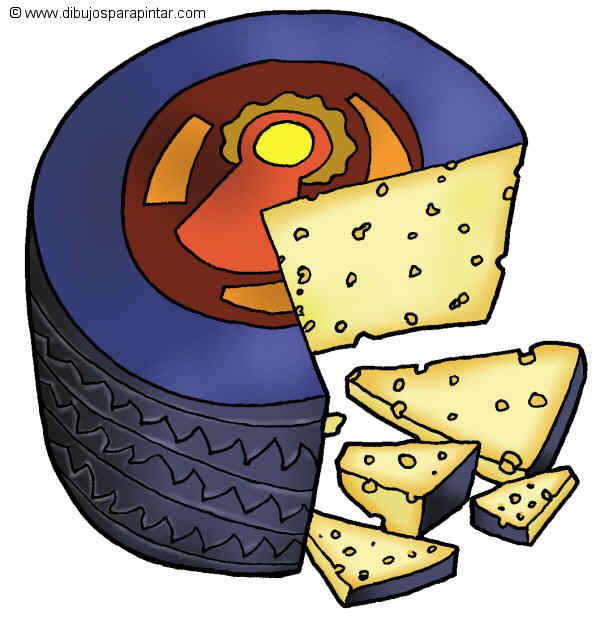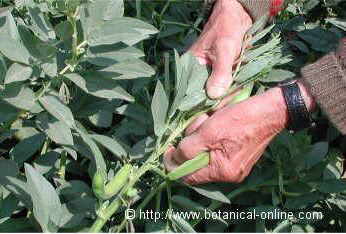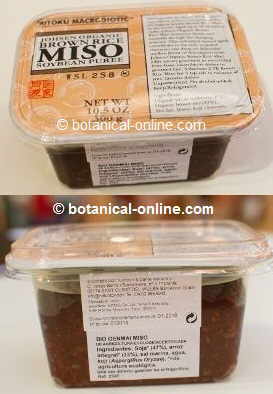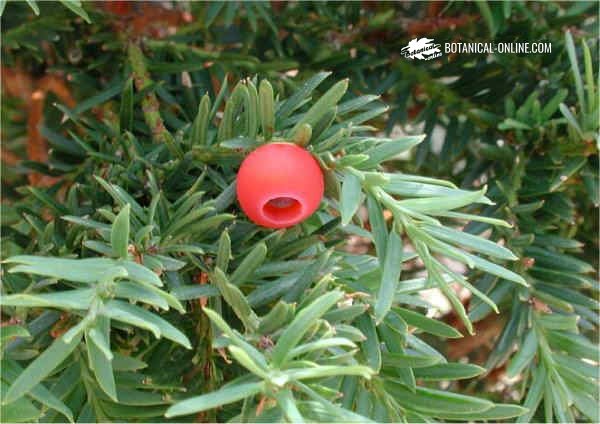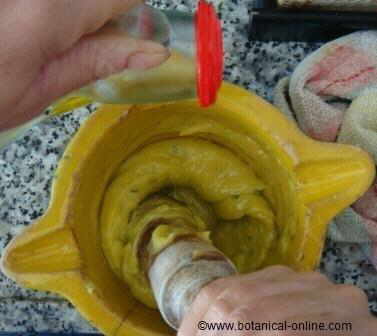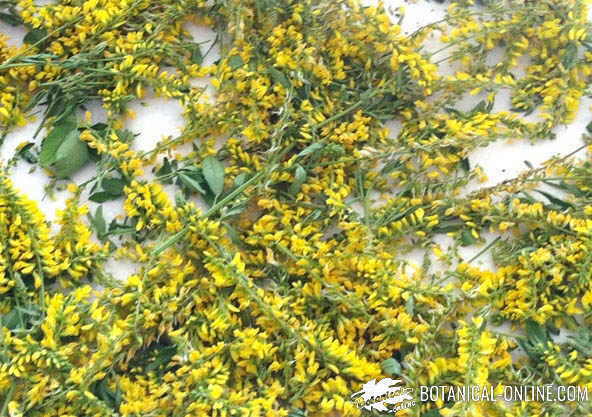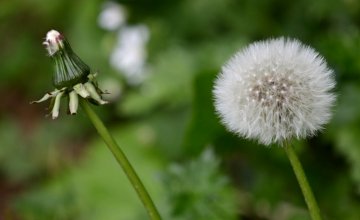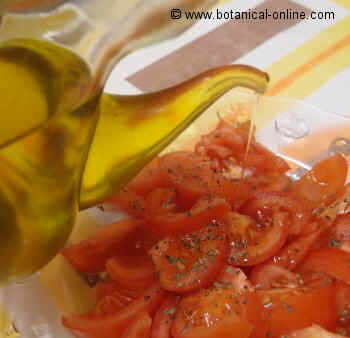Contents
Acai hearts benefits
ACAI HEARTS PROPERTIES
What are acai hearts?
Acai hearts are a traditional delicacy obtained from some palm trees , such as from coconut palm (Cocos nucifera), jusará (Euterpe edulis), European fan palm (Chamaerops humilis) or acai palm (Euterpe oleracea)
Specifically, in this case, we consider acai palm heart or palmito the tender part (heart) of young stipes from acai palm (Euterpe oleracea), a slender multistemmed palm, with a small diameter, which lives mainly in the Amazon rainforest.
Acai palm is sold canned. It is white, soft in texture and with a mild flavor, slightly bitter.
Acai palms hearts are characteristically thicker than those obtained from other palms. In fact, this palm has not the most desirable flavor to the development of palm, so its use is not widespread and it is more common to find palm hearts from other types of palms.
Where can you find acai hearts?
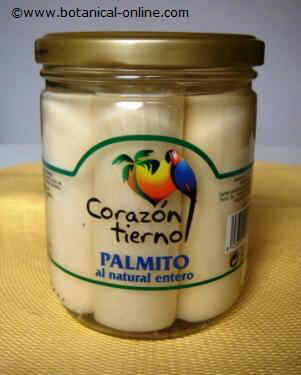 In the photo: preserved natural acai hearts
In the photo: preserved natural acai heartsThe palms hearts are a traditional delicacy in many countries, mainly from South America, specifically Brazil, Ecuador, Bolivia, Argentina and Paraguay, world’s leading exporters.
The export of palm hearts has a high social and economic impact in many areas of the Amazon, which represents the main area of work and an important source of income for many families.
Other uses of acai
From this valuable palm, fruits are also used to obtain acai pulp, from which the famous vinho de acai is produced, as well as acai oil for cosmetics.
Crafts with dried beans of acai can be found there. Also, dried root decoctions are made with medicinal properties.
Composition of acai hearts
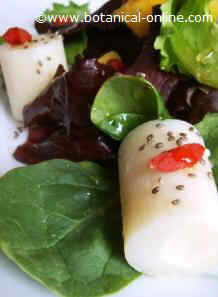 In the photo: Acai palm heart in salad. See recipet is water.
In the photo: Acai palm heart in salad. See recipet is water.- Calories: like in most vegetables, acai, which is the fibrous part of the plant, is not a supply of calories, making it a suitable food in all kinds of healthy diets.
- Carbohydrates: the acai palm sugar content is very poor compared to other palms. Therefore, this type of palm is characterized by a slightly bitter taste and not as sweet as other varieties.In fact, palm varieties that are sold are often of other types of palm, because consumers prefer them to the taste of the acai palm, less sweet and more fibrous.
- Proteins: the consumption of palm hearts is not an important source of protein.
- Fats: Acai hearts are completely free of fat.
- Fiber: the importance of their contribution lies lies in its fiber and mineral content. Acai hearts contain 2 grams of fiber per 100g of palm.
- This is because the palm is precisely the stipe (stem) of young palm tree, a very fibrous one.
- Minerals: Acai palmetto contains calcium, phosphorus, potassium and, to a lesser extent, iron.
- Vitamins: Acai palm hearts have certain amounts of vitamin C and B vitamins: (Vitamin B3 or niacin and folic acid)
| Edible composition of tinned acai palm hearts per 100 g | |
| Nutrient | Content |
| Calories (Kcal) | 28 |
| Carbohydrates (g) | 4 |
| Proteins (g) | 3 |
| Fats (g) | 0 |
| Fiber (g) | 2 |
| Calcium (mg) | 60 |
| Sodium (mg) | 450 |
| Iron (mg) | 0,60 |
Benefits of acai hearts
- Thinning: This delicious dish is great for people who decide to lose weight healthy. It is a satiating snack due to its fiber and water, with the benefits of vegetables and with no calories.
- Constipation: the fiber in the palm helps accelerate intestinal transit and, along with a proper diet, is a remedy for constipation.
- Diabetes: The acai hearts contain very little sugar, and its use is suitable for people with diabetes.
The canned palmito is stored in brine, so that its sodium content is important. Due to the high salt content of canned palm hearts, its consume should be tempered especially in people with hypertension, cholesterol or other cardiovascular diseases. It is important to moderate the consumption of canned foods rich in sodium when you follow a diet for cardiovascular health. |
Other food products made with Acai
– Acai oil
![]() More information on acai.
More information on acai.

